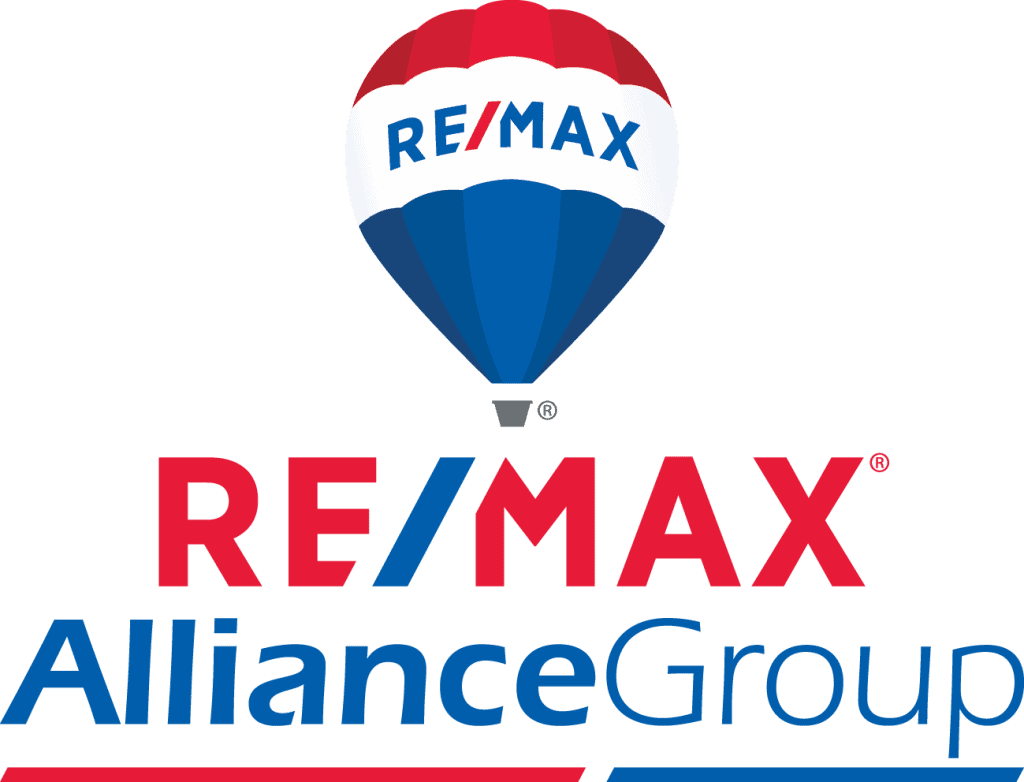Updates to Insurance Policy Requirements and Top Ways To Save Money on Homeowners Insurance in Florida.
Changes are being made all the time to the insurance requirements necessary for Florida residents. Here’s what you need to know to qualify for insurance and save money.
At one point in time, a four-point inspection was required only if a home was more than 50 years old, but today it is required for homes more than thirty years old.
A four-point inspection covers:
- HVAC (Heating, Ventilation and Air Conditioning)
- Electrical wiring and panels
- Plumbing connections and fixtures
- Roof
- New electrical requirements
Most insurance carriers will not cover electrical systems with less than 100 amps. This is common in many older homes, such as the bungalows in South Tampa and Seminole Heights. Many of these homes have not been fully updated since the 1920s.
The electrical system should not have any hazards. Some examples of hazards are empty breaker sockets and loose, exposed, or unsafe wiring. Any electrical hazard would have to be corrected before insurance coverage can be bound. Repairs can cost thousands of dollars and must be completed before closing.
Options Available
What options are available if you have electrical issues? The type of contract a buyer has on a home determines who’s responsible for paying for the electrical updates. It can kill a sale if a seller isn’t aware money must be invested in electrical updates to sell the home.
You could always try and negotiate with the seller depending on the extent of the needed repairs. However, they are not obligated to make repairs unless your contract specifically states this.
Also, you may want to schedule your four-point inspection at the same time you get your normal home inspection. The cost for a four-point inspection is usually around $75.00.
Unless a permit is recorded as finaled, no credit will be given for electric upgrades to be completed to meet Florida Building Code (FBC).
Insuring a Short Sale or Foreclosure?
It’s common for a short sale or foreclosed homes to have missing cabinets or that the A/C units have been stolen. This may make it difficult to obtain insurance, but it’s not impossible. Insurance may cost you more until all repairs have been made. Once repairs are completed, contact your insurance broker and ask if you can qualify for a better rate.
Know that permits are required for most renovation items. Everything must be permitted and finaled, or you won’t be given credit for meeting Florida Building Code. Remember, No permit, no credit.
What types of upgrades and repairs require permits? Repairs such as electric, mechanical (A/C) upgrades, new roofs, and replacing more than 25 percent of the home’s windows, for example. Go to the City of Tampa and/or Hillsborough county’s websites to view all rules and regulations. Don’t live in Tampa? Check your local county and city building permit website.
The Age and Type of Your Roof Matters
In addition to home repairs, the age and type of your home’s roof is an important factor in saving money on your insurance policy.
How a company insures home and the cost of the policy has much to do with how old the roof is, even if the roof has a 30-year warranty. You may find a great rate with a standard insurance company, but the property won’t be insurable because the roof was not replaced within 15 years. With Citizens and most insurance carriers, no permit equals no credit.
Wind Mitigation Savings
If a roofing permit is dated 3/2/2002 or later, an automatic wind mitigation discount is applied to your insurance premium. Wind Mitigation Inspections are available for all single-family homes, townhouses, condos, and commercial buildings built before 2002 and can provide substantial savings.
The rules are particular. Insurance carriers credit any roof permit issue dated 03/02/2002 or later (that was later approved and finalized) with a discount for superior attachment. What is superior attachment? It’s straps or clips vs. toenails.
Florida Building Code changed again in March 2012 with another discount because SWR was made mandatory. What is SWC? Secondary Water Resistance (SWR) is a secondary barrier under the shingles or tiles that “seals” the roof decking and prevents water leakage if the top coating… i.e., shingles, tiles are compromised. In a permit, it’s usually called peel and stick.
Again, this must be on the permit and finaled. If a roofer between March 2002 and March 2012 recorded SWR on their permit (usually in the form of ‘peel & stick barrier’), then the homeowner would also receive the max discount. Would a four-point inspector be able to tell you this? No, unless they could find it recorded on the permit.
Thinking of changing your windows and doors to save money on your homeowner’s insurance in Florida? Here’s a great article to get you started.
If you have hurricane shutters or The New Opening protection, you will qualify. You can learn more about the top reasons why you may want storm smart screens instead of hurricane shutters here. Up to 86 percent of total credits can be obtained in the wind portion of the policy.
To determine if you qualify for maximum insurance discounts in the Tampa Bay, Florida area, you can contact us here.






